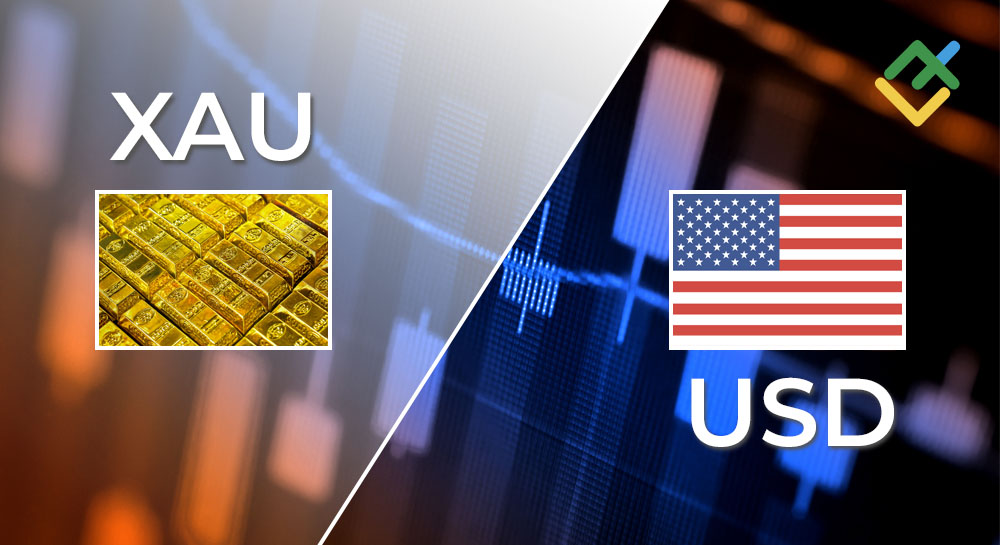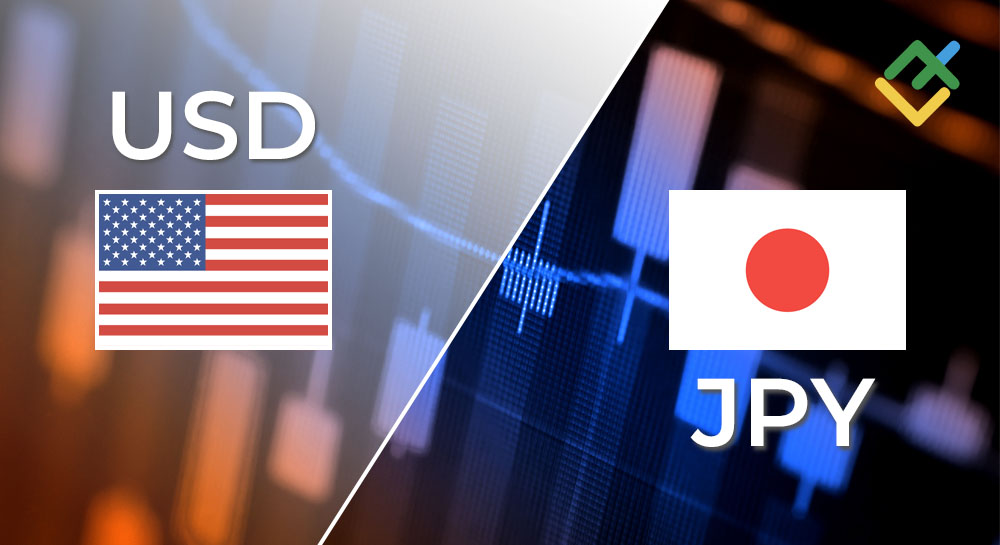Central banks buying gold has become a significant trend in the global financial landscape. In recent years, this strategy has gained momentum as these institutions stock up on gold reserves to safeguard their economies. Central banks view gold as a reliable safe-haven asset, offering protection against economic instability and geopolitical risks. This trend is not new, but its acceleration in recent times has raised questions about the underlying motives. Understanding why central banks are amassing gold is essential to grasp the larger economic strategies they are employing to protect national wealth.
The Role of Gold Reserves in Economic Stability
Gold reserves have historically been vital in ensuring economic stability. Central banks accumulate gold because it offers a stable store of value. In times of economic uncertainty, gold prices typically rise, shielding economies from inflation and currency devaluation. Unlike fiat currencies, gold is not subject to the same fluctuations caused by government policies or economic crises. Therefore, central banks buying gold allows them to diversify their portfolios and reduce their dependence on volatile fiat currencies.
For many countries, holding large gold reserves strengthens their financial position. It allows them to stabilize their currencies in times of crisis, avoiding the consequences of market instability. This is particularly important for countries with emerging economies, which may be more vulnerable to external shocks. Central banks buying gold is a way for them to ensure they have a financial safety net during unpredictable times. Moreover, gold offers liquidity, meaning it can be easily converted into cash if necessary, providing further financial flexibility.
Gold as a Safe-Haven Asset
One of the primary reasons central banks are buying gold is its status as a safe-haven asset. A safe-haven asset is one that retains or increases its value during periods of market volatility or economic downturns. Gold has held this status for centuries. When central banks purchase gold, they are essentially hedging against the risks posed by economic instability, currency fluctuations, and inflation. During periods of economic uncertainty, the value of gold tends to increase, offering protection against financial losses.
In recent years, central banks have faced increasing global economic challenges, including the COVID-19 pandemic, inflation, and geopolitical risks. These challenges have only reinforced the need to buy more gold. Central banks in countries like Russia and China have significantly increased their gold reserves as a way to reduce their reliance on the US dollar and protect themselves from economic sanctions. This strategy of buying gold as a safe-haven asset helps mitigate the risks of holding large foreign currency reserves, which can depreciate due to external factors.
The Impact of Geopolitical Risks
Geopolitical risks are another driving force behind central banks buying gold. In today’s multipolar world, where global political power is more fragmented than ever, tensions between major economies often have severe economic consequences. Trade wars, sanctions, and diplomatic conflicts can create financial instability, especially for countries that rely heavily on foreign trade or are subject to economic sanctions. Gold provides a buffer against these uncertainties.
For instance, after the United States imposed sanctions on Russia, Russia’s central bank responded by significantly increasing its gold reserves. By doing so, Russia was able to protect its economy from the negative effects of sanctions and reduce its reliance on the US dollar. Similarly, China has increased its gold holdings to safeguard its economy amid trade tensions with the US. In these cases, gold acts as a shield against the fallout from geopolitical risks, helping to maintain economic stability.
Gold’s appeal in times of geopolitical uncertainty is evident in the consistent rise in its demand. The central banks of many emerging economies have taken proactive steps by buying gold to mitigate the impact of political instability. As these countries face challenges such as international sanctions or internal conflicts, gold serves as an effective tool to stabilize their economies. In an unpredictable world, gold remains a consistent and trusted asset for central banks.
De-dollarisation and the Rise of Gold
The trend of de-dollarisation is closely linked to central banks buying gold. De-dollarisation refers to the process by which countries reduce their reliance on the US dollar in international trade and finance. This shift is gaining traction, particularly in countries that view the dollar as a tool for US geopolitical dominance. As a result, these nations are turning to gold as a way to decrease their dependence on the dollar and increase their financial independence.
Countries like China and Russia have been at the forefront of de-dollarisation efforts. Both nations have significantly boosted their gold reserves to diversify their foreign exchange holdings away from the dollar. Central banks buying gold is an essential part of this strategy, as gold is viewed as a more neutral asset compared to foreign currencies that may be influenced by the policies of other nations. By holding more gold, these countries can reduce their exposure to the risks associated with dollar fluctuations or political pressures from the United States.
De-dollarisation has broader implications for the global financial system. As more countries reduce their reliance on the US dollar, the global demand for dollars may decline, leading to shifts in currency dynamics. In this context, gold becomes an even more valuable asset for central banks, providing stability in a world where the future of the dollar is increasingly uncertain. Central banks buying gold as part of de-dollarisation efforts could reshape the global monetary system in the years to come.
Why Central Banks Are Buying Gold Now?
The recent surge in central banks buying gold is due to a combination of factors. Economic instability, geopolitical risks, and the need for diversification have all contributed to this trend. However, the most immediate factor is the current state of the global economy. High levels of debt, rising inflation, and concerns about future economic growth are leading central banks to seek out safe-haven assets. Gold fits this need perfectly.
Additionally, the uncertainty surrounding fiat currencies has prompted many central banks to reconsider their reserve strategies. In particular, the US dollar has faced increasing scrutiny due to the monetary policies of the Federal Reserve. Low interest rates and quantitative easing have devalued the dollar in recent years, making it a less attractive asset for central banks. As a result, central banks buying gold see it as a more stable alternative that can protect their reserves from future economic shocks.
The Future of Central Banks Buying Gold
As central banks continue to accumulate gold, the future of the global economy may see a greater reliance on this precious metal. Gold’s ability to act as a safe-haven asset, provide liquidity, and offer protection against geopolitical risks ensures that it will remain a crucial part of central banks’ strategies. As long as economic instability and geopolitical tensions persist, central banks buying gold will likely continue.
Furthermore, as de-dollarisation efforts gain momentum, gold may play an even larger role in international finance. The process of reducing reliance on the US dollar is still in its early stages, but it is clear that gold will be a key asset for countries seeking to diversify their reserves. Central banks buying gold as part of de-dollarisation strategies may lead to shifts in the balance of global power, as countries gain more financial independence from the US and its monetary policies.
Conclusion
Central banks buying gold is not just a trend; it’s a strategic move to protect economies from the uncertainties of today’s world. Gold offers a unique combination of stability, liquidity, and protection against geopolitical risks. As the global economy faces challenges from inflation, economic instability, and de-dollarisation, central banks are turning to gold to secure their financial future. This strategy reflects a broader shift in how countries manage their reserves, and it highlights the enduring importance of gold in the international monetary system.
Click here to read our latest article Proven RSI Trading Strategies for Consistent Success
This post is originally published on EDGE-FOREX.



